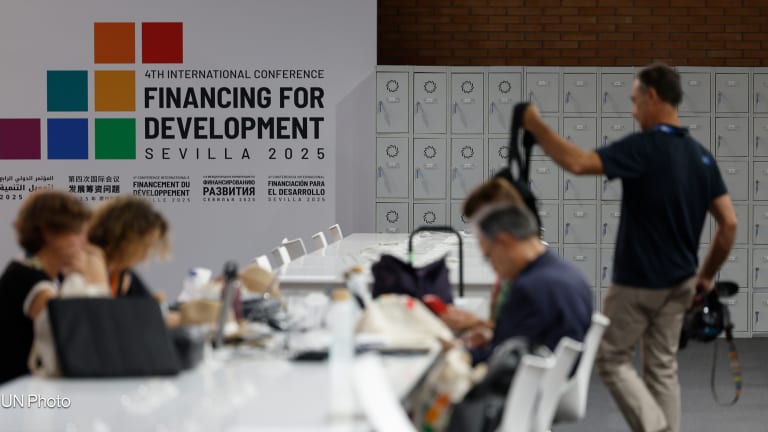IDEOLOGY IS A COLORED WORD. It is not neutral and, except for what we espouse from our own vantage point, always something to be suspicious of. This was a bias I myself held. However, as I researched on ideological analysis as a critical tool, it took me back to ideology’s root word: idea. From its Marxist origins, ideology was regarded as what ailed societies the world over: a “false consciousness” that derails the masses in rising above the capitalistic agenda of those in positions of power. For Marx and the early Marxists, ideology was the mechanism of the powerful to subordinate the working class, in the process protecting their own coffers and vast lands while denying others the same. Ideology was expanded by Gramsci as he introduced the concept of “hegemony” and redefined the word to encompass systems of thought, a way at looking at the world. Ideology became the plural “Ideologies,” each with its own belief systems. From this theory, it was underpinned that our values are socialized to us (with varying rate of influence) via state institutions like the family, church, school—and more prominently now in this Information Age, the media. Still the concept is slippery. Very often, thinking about our own ideology escapes us, especially when confronted with resonant values from ideological state apparatuses like the media. For example, I may claim to support feminist ideals but at the same time also enjoy looking at scantily-clad cover girls of men’s magazines. What kind of ideology am I operating under in then? I understood that most times I am complicit in the disenfranchisement of others when I don’t do anything to argue or at least step back for what might benefit those in underprivileged positions. Because I am in a comfortable, if enjoyable position, I go about rationalizing my actions as “natural” and “common sensical”, very much like how capitalist of old regarded their claims. If I find pleasure in a media text, it might also mean that those behind its production continue to thrive because their product is acceptable to most, to people like me. This is what ideological analysis says about involving not just a critical reading of the text per se but a broader consideration of the environment that supports its continued propagation. We hold conflicting values, like how media texts themselves develop internal-contradictions in trying to re-present reality. It is perhaps best to cultivate a reflexive attitude in attending to our own biases—if more acutely than when we label or dismiss others as being Rightist or Communist or straight-laced Catholic. The executive who funds the production of a variety show, the director behind the camera, the children huddled in front of TV sets, the parents off to another day at work—in this instance simultaneously connected not just to broadcasting networks, but also to the far-reaching tentacles of ideology itself.
Printing articles to share with others is a breach of our terms and conditions and copyright policy. Please use the sharing options on the left side of the article. Devex Pro members may share up to 10 articles per month using the Pro share tool ( ).



